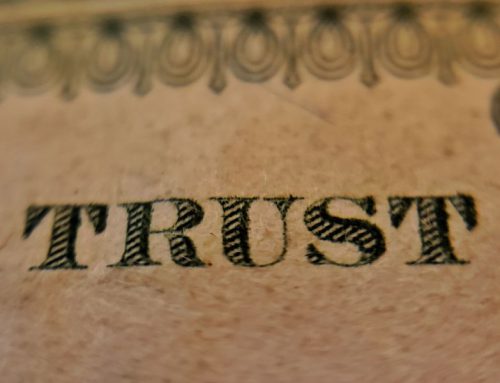The duties of a Singapore Company Director is spelt out in section 157(1) and 157(2) of the Companies Act 1967. The relevant sections state:
157(1) A director must at all times act honestly and use reasonable diligence in the discharge of the duties of his or her office.
(2) An officer or agent of a company must not make improper use of his or her position as an officer or agent of the company or any information acquired by virtue of his or her position as an officer or agent of the company to gain, directly or indirectly, an advantage for himself or herself or for any other person or to cause detriment to the company.
The words “honestly” and “use reasonable diligence” are rather broad. Also, as the company director is an officer or agent of the company, he must not make “improper use of his or her position as an officer or agent of the company or any information acquired”. All these can be condensed into the following non-exhaustive points.
1) Avoid conflict of interest
Where a company director has a personal interest that may be in conflict with his appointment as the director of the company, he should make a disclosure of this to the company and its stakeholders. He should obtain approval of the company to proceed with such dealings. If approval is not granted, he should cease such dealings.
2) Maintain statutory requirement
This ties in with the phrase “reasonable diligence in the discharge of the duties of his or her office”. The director is expected to be running the company. He is expected to keep up with all the statutory requirements as required by the Companies Act. If the company is not keeping up with its statutory requirements like filing annual returns, then the director cannot be said to be exercising “reasonable diligence in the discharge of the duties of his or her office”.
3) The duty of non-disclosure
A director cannot use information that he or she obtains while in the position as a director to his or her benefit. A simple example would be if the company is about to sign a multi-million dollar deal with another company, the director should not be trading shares that he thinks will be affected (positively or negatively) by the transaction. This is the reason why some companies require their employees to declare whenever they make investments. As the director is an employee, and a key employee as well, this is something that he should never do.
4) Maintain a proper set of accounts
This goes back to the principle of the director using “reasonable diligence”. A company should maintain a proper set of accounts. There should be financial statements for financial periods with profit and loss, balance sheet and cash flow reports. This is expected from a director as the company needs to answer to shareholders.
5) Appointments and management of the company
The director(s) should be the one(s) to appoint the other officers of the company. These positions are, but not limited to, the secretary and auditors of the company. These are positions that are required to be filled by the Companies Act (unless there is an exemption as in the case of the appointment of auditors).
While these are not exhaustive, they cover most of what directors need to take note of. If you have any other queries related to directorial duties, do email us at [email protected].
Yours Sincerely,
The editorial team at Singapore Secretary Services
For more useful articles and videos, visit the Singapore Secretary Services resource page.
Related articles:







Leave A Comment